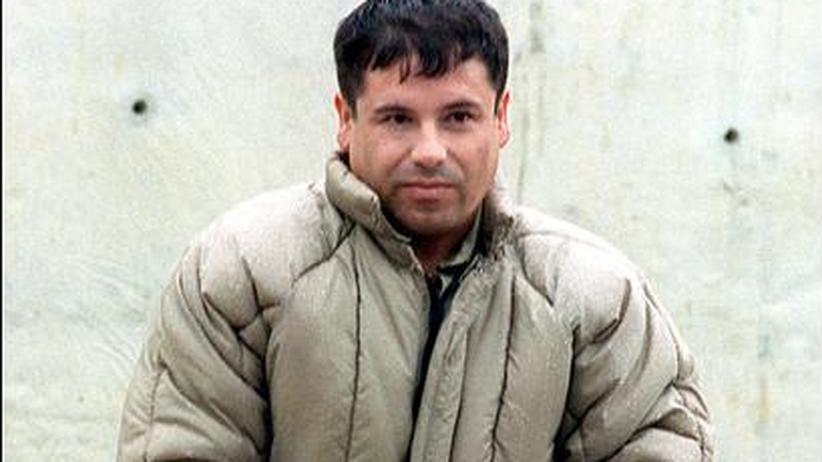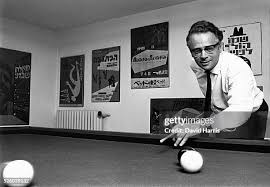El Chapo Guzman: The Rise and Fall of a Drug Lord

Introduction
Joaquín “El Chapo” Guzmán, one of the most notorious drug lords in history, has become a symbol of the global drug trade and organized crime. His rise to power in the Sinaloa Cartel has sparked interest and concern for both law enforcement and the public at large. As Guzmán’s criminal activities and subsequent capture continue to influence drug policy and law enforcement strategies worldwide, understanding his story is crucial for grasping the complexities of modern crime.
The Rise of El Chapo
Born on December 25, 1954, in the rural town of La Tuna, Mexico, El Chapo began his criminal journey in the opium poppy fields by the age of 15. His path to notoriety began when he joined the Guadalajara Cartel in the 1980s and later founded the Sinaloa Cartel, which rapidly became one of the world’s most powerful drug trafficking organizations. Guzmán’s operational strategies, characterized by violence, corruption, and innovative smuggling techniques, allowed him to dominate the drug trade during the 1990s and 2000s.
Captures and Escapes
El Chapo’s criminal empire was not without its setbacks. He was captured in 1993 but escaped from a Mexican prison in 2001, only to be recaptured in 2014. His most notorious escape occurred in July 2015 when he broke out of a maximum-security prison through a tunnel. His dramatic life took another turn when he was arrested again in January 2016, leading to his extradition to the United States in January 2017.
Trial and Conviction
In November 2018, after a sensational trial that captured national and international attention, Guzmán was found guilty on numerous charges, including drug trafficking, conspiracy, and money laundering. He was sentenced to life in prison plus 30 years. The trial exposed many dark secrets of his cartel operations and brought to light the extensive networks of crime and corruption that facilitate drug trafficking.
Conclusion
El Chapo Guzmán’s story is not just about the rise of a criminal, but also a reflection of the broader issues surrounding the drug trade, law enforcement, and public policy. His reign has led to discussions about reforming drug laws and the approaches governments take to combat organized crime. As his life continues to influence public perceptions of drug enforcement, the legacy of El Chapo remains relevant in understanding the ongoing challenges in global drug policy and crime prevention strategies.









